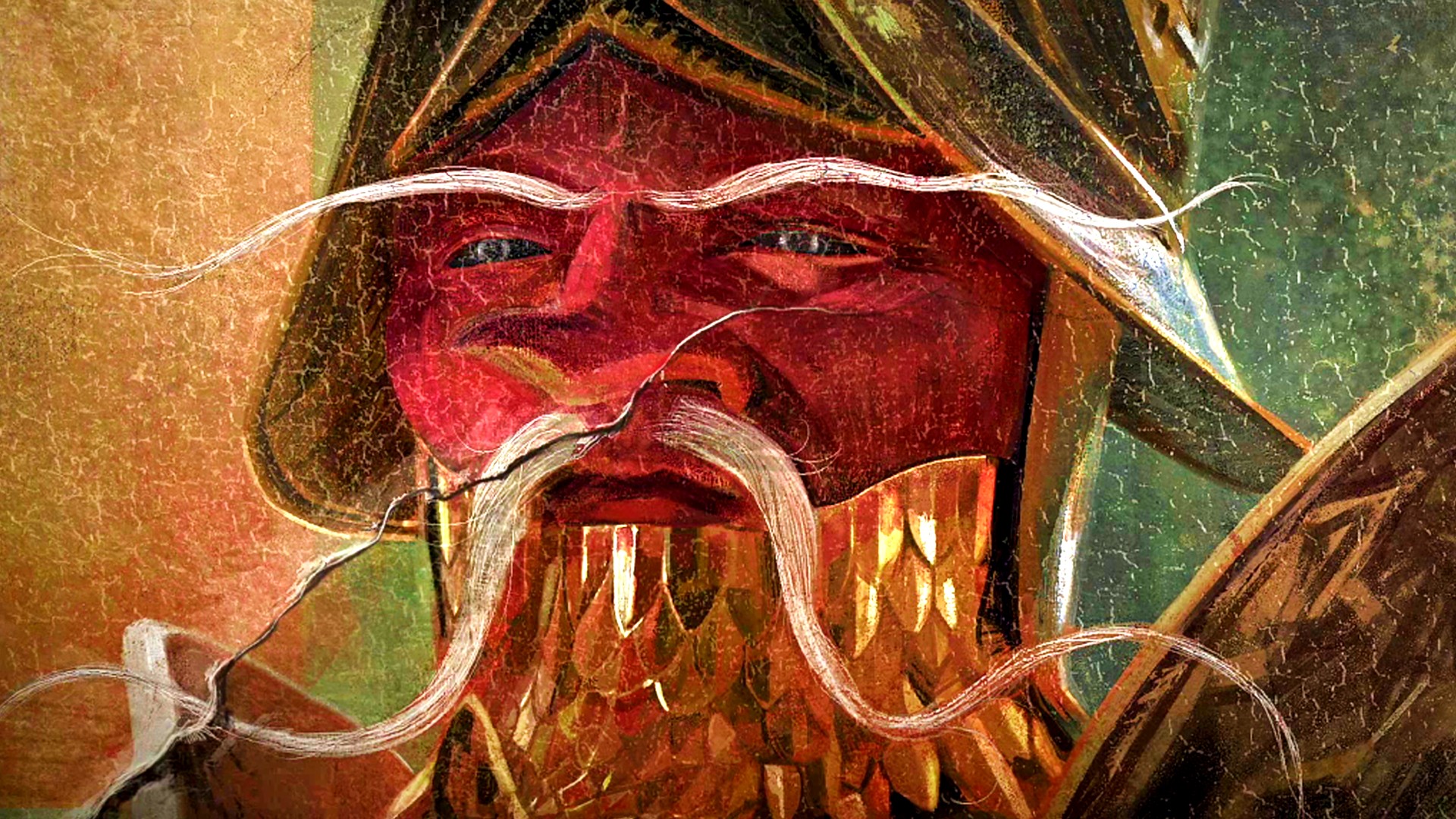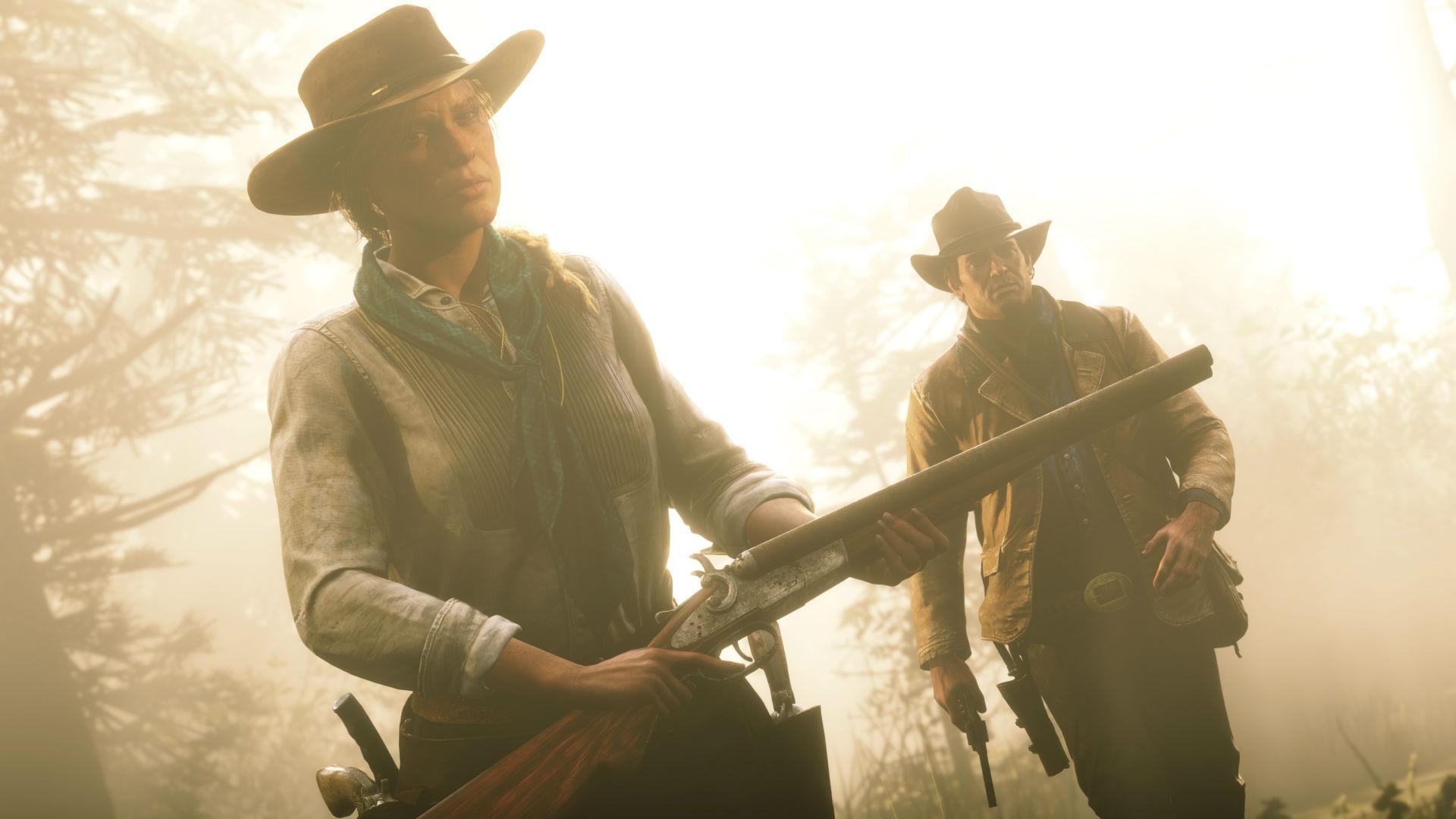
It’s solely September, however Enotria: The Final Music has bought me fascinated about the end-of-year PCGamesN awards. Extra particularly, I’m fascinated about our award for Greatest 7/10. This hallowed class has seen Metallic Hellsinger, Outriders, and Marvel’s Avengers obtain a sure eminence that Elden Ring, God of Warfare, and Baldur’s Gate 3 may by no means hope to attain. With sufficient time, cash, and expertise, any studio can attempt for perfection – and if all these unruly stars align, it would even come shut sufficient to the touch. The road between unlikely success and abject failure is arguably tougher to stroll. Enotria: The Final Music dances on it with wanton abandon.
So, Enotria just isn’t an ideal expertise. That is typically typical of soulslike video games developed by studios whose names don’t start with ‘F’ and finish in ‘romSoftware’. It suffers from the identical points as most indies that attempt to the touch the cultural lodestone Hidetaka Miyazaki chiseled out of the common-or-garden motion RPG. I may go into particulars: issue spikes; jittery framerate; clunky animations; however odds are you’ve heard all of it earlier than. Even FromSoftware itself can’t solely escape these criticisms. As an alternative, I wish to look past parry home windows and bonfires to tease out why, within the cavalcade of middling soulslikes, Enotria: The Final Music retains me coming again for extra.
It comes right down to an typically missed however no much less vital hallmark of the style: soulslikes as a mechanical framework for aesthetics rooted in numerous cultures. Darkish Souls is medieval Europe forged via the lens of Japanese mythology; Bloodborne is the Feminine Gothic made manifest via Lovecraftian horror; Enotria is a sun-soaked descent into the haunting hedonism of Italian Carnevale. It takes its cue from Darkish Souls in its creation delusion, the place music is analogous to fireside because the catalyst for all times. The inventory characters of the commedia dell’arte comprise its pantheon, and caricature masks worn by historic troupes are a supply of divine energy. “The stage is set,” Pulcinella declares on the end result of Enotria’s prologue, and my in-universe simulacrum emerges, absolutely fashioned, as a nondescript picket puppet. The conversations in Jyamma Video games HQ after the launch of Lies of P scarcely bear fascinated about.

That mentioned, whereas Pinocchio would maybe really feel extra at dwelling in Enotria than Neowiz’s moody Belle Époque darling, self-determinism is the grand lie of the previous. In Enotria, the definition of “player” in videogame parlance elides with the “player” as dramatic personae. The Maskless One is an agent of change as a result of they don’t have a hard and fast identification. In that respect, they align nearer to Darkish Souls protagonists than younger P, however even character creation predicates a background; a historical past. In Enotria, our protagonist is wooden from the vine. Inside this vacuum, the participant’s self-definition emerges via Enotria’s construct customization which is, in a phrase, staggering.
Virtues, masks, facets, perks, masks traces, weapons… the record goes on. Many soulslikes demand you to outline your self based on a selected construct, and reneging on it nearly all the time comes at a price, if the choice is there in any respect. This uncompromising strategy to character development is nice for replayability however can induce selection paralysis, the place each choice seems like a misstep. Against this, Enotria is hedonistic in its generosity, flinging improve supplies at me and letting me refund their allocations at my leisure. Even its souls financial system developments increased than its friends, giving me ample alternative to develop after clearing essentially the most innocuous gauntlet of trash mobs.

Amid this bounty, Enotria’s loadout system is the star of the present. As an alternative of carving out an archetypal position, I change between masks on the press of a button, like an actor present process an extremely high-speed wardrobe change. In comparison with Darkish Souls, it’s positively gluttonous. As an alternative of selecting between the swift but delicate rapier or the highly effective but pendulous colossal hammer, I can have my cake and eat it, too. It doesn’t make fight any simpler; extra variables create extra room for error, significantly as soon as elemental affinities come into play. With three builds to juggle as a substitute of 1, all predicated on a basis of interlocking programs, I can confidently say I’ve spent extra time sifting via menus in Enotria than in another soulslike.
As I change wildly between masks to dispatch the revelers of Quinta, it strikes me that the commedia dell’arte isn’t a world away from the efficiency inherent to soulslikes. In spite of everything, there’s a motive we see a near-endless procession of streamers proving to their stay viewers that they will beat Elden Ring on a dance mat; a Bop-It; a violin; a banana. You title it, somebody’s in all probability crushed Godrick with it. Most sport areas are a stage for the participant to carry out, however Enotria’s world is self-aware of how soulslikes match into that mildew, from the intricate dance of a parry system to the black comedy of a shock demise. Nailing the timing of this efficiency is non-negotiable; it’s the distinction between life and demise.

As for the stage itself, Enotria’s pastoral Neapolitan imaginative and prescient is commonly lit so brightly that it borders on overexposure. It’s a hanging distinction to the gloomy darkish fantasy endemic of soulslikes. Even “double-A” indie video games like Thymesia and Lords of the Fallen can’t escape – however with its blazing sunflower fields and stark-white sand, Enotria’s world faucets into the daylight terror of folks horror paying homage to Robin Hardy’s The Wicker Man or Ari Aster’s Midsommar. After all, this isn’t uncharted territory for soulslikes. Most Elden Ring followers will recall their first encounter with the Dominula dancers, adorned in flower crowns and ceremonial robes as they rejoice of their sacrificial festivities. This sinister merriment is endemic all through Quinta, however it doesn’t finish as soon as you permit town behind. Whether or not your adversary is a pitchfork-wielding yeoman or a myrmidon in skirts and sandals, the Danse Macabre persists.
Nevertheless, like Darkish Souls and masked theater themselves, Enotria is greater than senseless leisure; a be aware of tragedy coalesces in its soulslike pressure. This manifests after my first victory in opposition to a significant boss. It’s Zanni, the First Masks – one of many earliest characters of the commedia dell’arte, represented in Enotria as a potbellied cannibal. “Where has the bedlam and the merriment gone?!” he wails as soon as I lastly defeat him. Whereas I’m fast to rejoice in overcoming a fearsome foe (and a very unruly digital camera), there’s an echo of Shadow of the Colossus right here which turns into too nice to disregard. My elation recedes as Zanni fades from actuality, pleading for me to search out his kids. In the long run, this masked idiot is – like all of the commedia characters – all too human.

This intersection of style, aesthetic, and theme elevates Enotria above the notion of a soulslike trying to seize a selected viewers or zeitgeist for the sake of it. Jyamma Video games hasn’t delivered a genre-defining expertise by any means, however I’m charmed by the boldness to decorate such a honored style in a jester hat and maintain up a mirror. It’s additionally the best consolation soulslike to go the time on a humid weekend – particularly if you happen to’re nostalgic for old-school eurojank. It’s only a disgrace in regards to the excessive value level.









